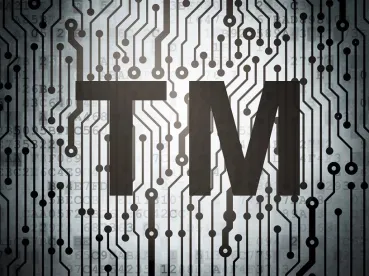Addressing the issue of modifying a permanent injunction for trademark infringement, the Court of Appeals for the Sixth Circuit held that an injunction may be modified if it is no longer “achieving its principal objects,” due to a change in factual circumstances. LFP IP, LLC v. Hustler Cincinnati, Inc., Case No. 15-3135 (6th Cir., Jan. 13, 2016) (Sutton, J.).
Two siblings, Jimmy and Larry Flint, have been involved in a long-running business dispute stemming from their original business venture opening “The Hustler Club” bar and nightclub in Cincinnati. From this venture, Larry created the Hustler enterprise, which was eventually consolidated into a single corporation, LFP Inc. Jimmy worked on and off for the corporation before opening his own retail store, Hustler Cincinnati, in 2000, for which he paid licensing fees until the brothers had a falling out in 2009.
Larry’s corporations previously sued Jimmy, accusing Hustler Cincinnati of trademark infringement, unfair competition and several state-law violations. The district court granted summary judgment to Larry and his entities on the trademark infringement claims and issued a permanent injunction prohibiting Jimmy and his companies from using the HUSTLER trademark and using any trademark or variation thereof owned by Larry or his corporation. This decision was affirmed by the 6th Circuit.
Upon Jimmy’s opening of a new retail store marketed under the name “FLYNT Sexy Gifts,” Larry and his companies filed a motion for infringement of the “LARRY FLYNT” trademark and argued Jimmy should be held in contempt for violating the injunction. The district court denied the contempt motion, finding that the injunction did not directly prohibit Jimmy’s conduct at his new store. Based upon this ruling, Larry and his corporations filed a motion to change the scope of the injunction. Following an evidentiary hearing, the district court granted the motion, reasoning that Jimmy’s use of “FLYNT Sexy Gifts” was likely to cause confusion with the LARRY FLYNT trademark. The modified injunction prevented Jimmy and his companies from using the name “Flynt” in connection with the sale, promotion or advertising of adult entertainment products or services unless it is accompanied by the first name “Jimmy” in the same font size, color and style and on the same background color. Jimmy appealed the modification of the injunction.
On appeal, the 6th Circuit found that the district court properly justified its modification, finding that Jimmy’s marketing scheme would likely mislead consumers into thinking that his store was associated with Larry, the Hustler empire’s public figurehead. The district court properly crafted the injunction to respond to Jimmy’s conduct at his new store location and to target the specific actions that gave rise to its modification. The 6th Circuit clarified that the appropriate standard for modifying an injunction is not the “grievous wrong” standard, which the Supreme Court has essentially rejected since it was first promulgated in the 1932 case United States v. Swift & Co., but rather, a district court may modify an injunction that is no longer “achieving its principal objects” due to a change in factual circumstances. Thus, the 6th Circuit found the district court properly modified the original injunction based on Jimmy’s new violations that violated Larry and his corporations’ trademark.
Practice Note: A permanent injunction for trademark infringement may be modified if it is no longer “achieving its principal objects” due to a change in factual circumstances.



 />i
/>i

